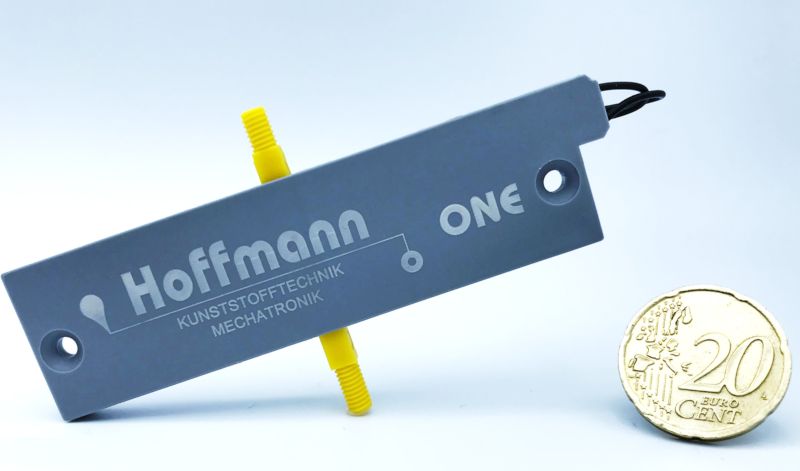Sustainability in Polymers
Polymers are more environmentally friendly and sustainable than their image
The issue of sustainability plays a particularly important role for us. What few people know, plastic can also be a low-CO2 alternative.
For example, the production of aluminum products releases an average of 13.5 metric tons of CO2 equivalents per 1 metric ton, compared with around 2.4 metric tons of CO2 equivalents when processing virgin plastic pellets. With modern plastics and an optimized design, mass-to-payload ratios similar to those of aluminum can be achieved in the application. This would mean a saving of over 80% in CO2 equivalents.
Furthermore, compared to the use of virgin granulate, the use of recycled plastic or recyclates can save an average of 60% emissions.
Recycling from plastic does not require high temps/energy to melt the material, nor high pressure to form the material into recyclable shapes, making plastic recycling a low CO2 methodology.
If the plastic-based system made from recyclate becomes established, it is expected to save up to 200 tons of CO2 here.
These are just two of many examples of how CO2 emissions can be saved through the use of plastics. We are therefore committed to the responsible and sustainable use of plastics.




